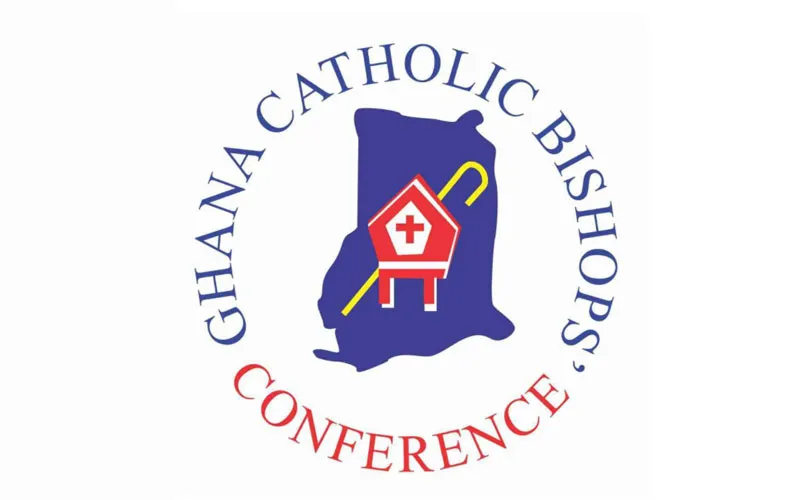Accra, 19 February, 2021 / 8:54 pm (ACI Africa).
Catholic Bishops in Ghana have condemned proponents of homosexuality in the West African nation and urged government authorities "to state unambiguously their position on the matter."
“We the Catholic Bishops in Ghana write to condemn all those who support the practice of homosexuality in Ghana,” the members of the Ghana Catholic Bishops’ Conference (GCBC) say in their Friday, February 19 letter obtained by ACI Africa.
GCBC members are reacting to the ongoing controversy about homosexuality in the country, pitting the Executive Secretary of the National Coalition for Proper Human Sexual Rights and Family Values, Lawyer Moses Foh-Amoaning, and the leadership of the European Union (EU).
The lawyer has condemned the EU leadership in Ghana “for asking Ghanaians to respect and tolerate Lesbian, Gay, Bisexual, Transgender, Queer and Intersex (LGBTQI) individuals in the country,” the Catholic Bishops say in their collective statement signed by GCBC President, Archbishop Philip Naameh.
“He said the EU should not impose their so-called values and beliefs on Ghanaians who are against homosexuality,” the Bishop say, making reference to Mr. Foh-Amoaning who “was reacting to a post issued by the EU's office in Ghana for the rights of the LGBTQI community to be respected and tolerated.”








